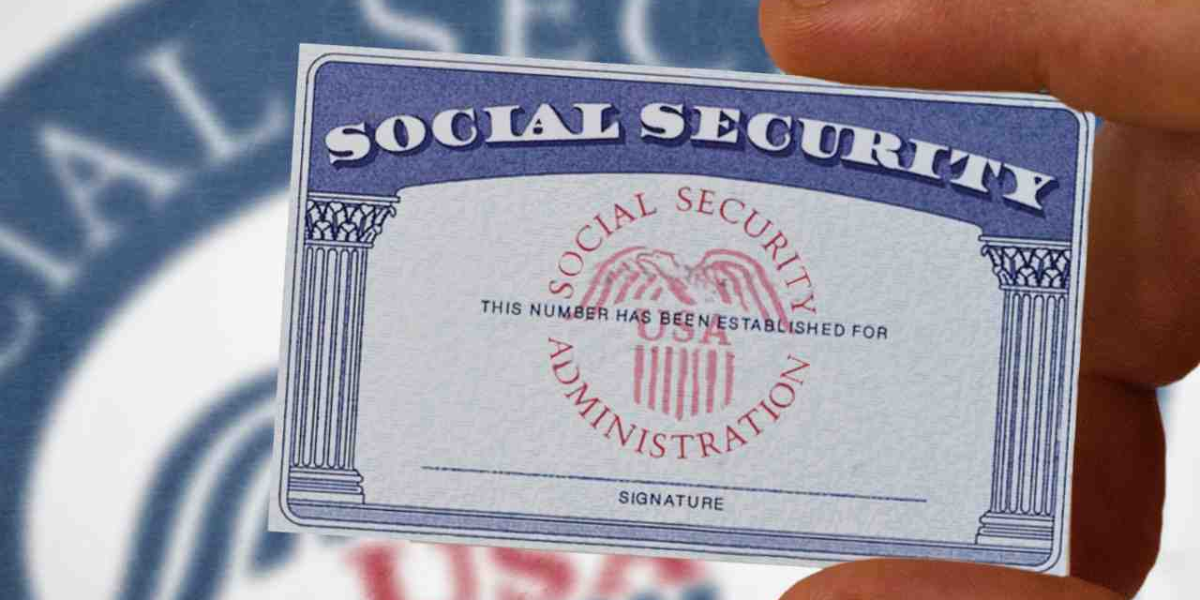A new law promoted by the Trump administration promises to eliminate taxes for millions of retirees in the United States in 2025. Well, although the president has repeated it multiple times, the reality doesn’t seem so exact.
Here’s the explanation: the legislation passed by both the House of Representatives and the Senate already includes a specific deduction for people over 65, but of course, it does not eliminate taxes on Social Security benefits as such (you can probably guess why).
Even so, this new measure will benefit more than 33 million seniors, with an average savings of 670 dollars per person. The promise sounds great… but the fine print reveals that not everyone will see that relief reflected in their next tax return.
What the new legislation really says
To clarify, the bill already includes a temporary tax deduction applicable between 2025 and 2029. In the Senate, the figure is 6,000 dollars, while the House proposes 4,000 dollars.
This deduction is not directly tied to Social Security benefits, but to the taxpayer’s overall income, so those with very low incomes (and who already do not pay taxes on their benefits) would see no change.
So Who benefits?
Well, according to the Senate plan, seniors with individual incomes of up to 75,000 dollars (or 150,000 if filing jointly) will be the main beneficiaries of this new measure.
Above that threshold, the deduction gradually decreases. As mentioned, those who already pay no taxes due to low income will not notice any difference. Also, it does not apply to people who began receiving benefits before turning 65.
The magic number: 88%
The percentage is misleading, almost like clickbait… The White House has claimed that 88% of Social Security beneficiaries will stop paying taxes on their benefits.
But this figure includes people who were already exempt. In reality, the actual impact will be felt by around 33.9 million seniors, who will see their income increase by about 670 dollars per year, not bad either.
What do the experts say?
Of course, the measure has sparked debate and several economists have pointed out that the communication campaign has been misleading.
Garrett Watson, from the Tax Foundation, has stated that many retirees could end up disappointed when they realize that taxes on Social Security haven’t been eliminated entirely. And yes, there is some relief, but nothing like what is being advertised, which is a full tax exemption.
How much would it cost to eliminate all taxes?
Beyond the fact that eliminating all taxes could be worse for the system itself, the Penn Wharton Budget Model estimates it would cost around 1.5 trillion dollars in federal revenue over the next decade!!
And of course, this would bring the insolvency of the trust fund forward to 2032, two years earlier than expected.
Additionally, the Senate’s tax plan would add about 3.3 trillion to the deficit between 2025 and 2034, according to the Congressional Budget Office (CBO).
And how would it be funded?
Aha. The solution proposed by the administration is to raise revenue through tariffs. The CBO estimates that the proposed tariffs could offset up to 2.8 trillion dollars of the deficit.
But in return, they would slow down the economy and increase prices for the most vulnerable households… So maybe it’s not a great option either.
Is this a win for retirees?
Many seniors will see a small tax break, but this is not a widespread exemption or the total elimination of the tax.
The measure is temporary, partial, and limited to a specific profile of taxpayers, even though it is being presented as a major political win… Could the cure be worse than the disease in this case?




